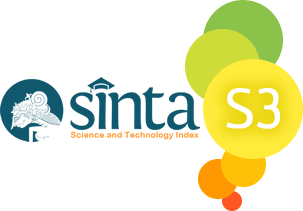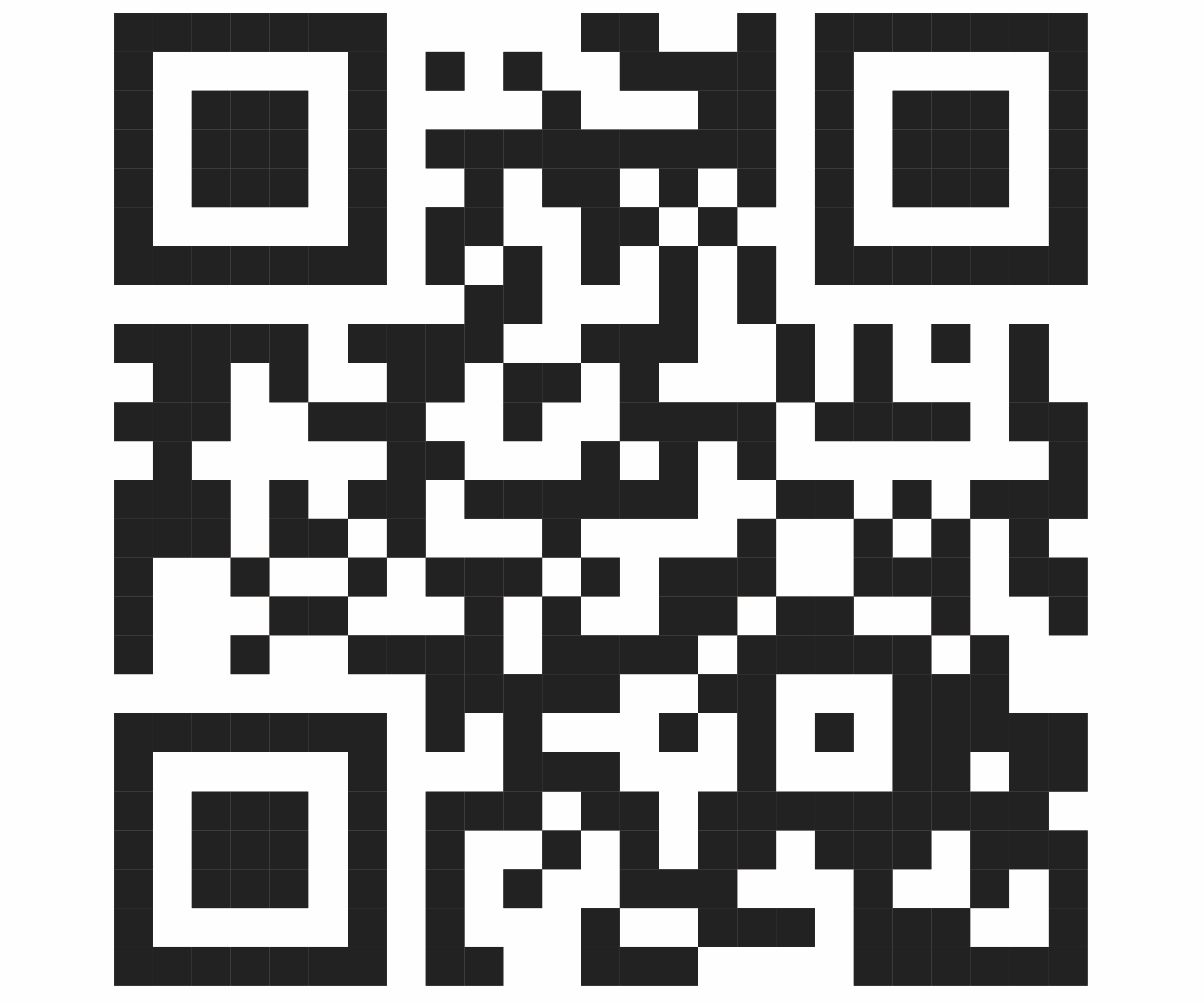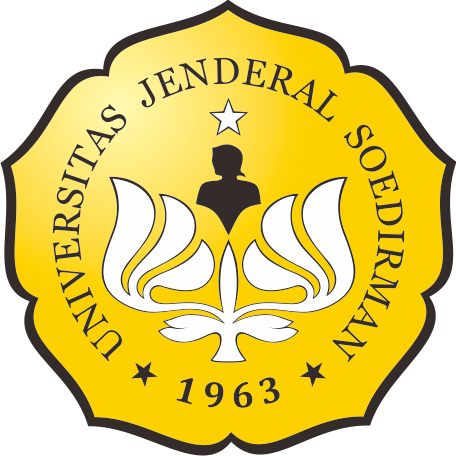KONDISI EKOSISTEM TERUMBU KARANG DI LOKASI TIATIKI DAN NON-TIAITIKI, KAMPUNG TABLANUSU DISTRIK DEPAPRE KABUPATEN JAYAPURA
Abstrak
Depapre Bay has large potential fisheries resources and very diverse that are still managed by the Tiaitiki system. Ironically, destructive fishing activities still occur. The coral ecosystems in Depapre Bay are still relatively under-studied mainly related to sustainable management. Condition of coral reef and reef fishes are the base aspect in management approach. The purpose of this research is to analyze coral reef and reef fishes condition of Tiatiki area and outside of Tiaitiki. The method used in this research is Point Intercept Transect (PIT) to identify coral condition, and Underwater Visual Cencus Method (UVC) for reef fishes observation. The results showed that lifeform conditions at 3-5 m of Tiaitiki area were "40,67% was moderate, dominated by Coral Branching, Flassy Micro Alga dan Coral Foliose; and at 10-13 m of Tiaitiki area were 50,00% was “good”. Lifeform conditions at 3-5 m of non-Tiaitiki area were "48,67% was moderate, dominated by Coral Branching, Coral Massive dan Flassy Micro Alga; and at 10-13 m of non-Tiaitiki area were 60,67% was “good”, dominated by Coral Branching, Acropora Branching, Acropora Tabulate, Acropora Encrusting dan Coral Foliose. In addition, at the all areas found rubbles is quite high at about 8-16,67%. Abundance of reef fishes in both areas is relatively the same, where in Tiaitiki area that are 372 individual at 3-5 m of depth and 114 individual at 10-13 m of depth, and Non-Tiaitiki area that are 262 individual at 3-5 m and 215 individual at 10-13 m.
Kata Kunci
Referensi
Allen, G., Steen, R., Humann, P., DeLoach, N., 2003. Reef Fish Identification: Tropical
Pacific, second ed. New World Publications, Odyssey Pub., Jacksonville, Fla.
Allen, G. 2004. Handy Poket Guide to the Tropical Coral Reef Fishesof Indonesia. Periplus (HK) Ltd. Printed in Singapore. 64 Hal.
Bellwood, D.R., Wainwright, P.C., 2001. Locomotion in labrid fishes: implications for habitat use and cross-shelf biogeography on the Great Barrier Reef. Coral Reefs 20 pp. 139–150.
Bengen, D.G. 2004. Ekosistem dan Sumberdaya Alam Pesisir dan Laut Serta Prinsip Pengelolaannya. Pusat Kajian Sumberdaya Pesisir dan Lautan IPB. Bogor.
Dahuri R. 2003. Keanekaragaman Hayati Laut. Aset Pembangunan Berkelanjutan Indonesia. Penerbit PT. Gramedia Pusataka Utama. Jakarta
Dartnall, AJ and Jones M (eds). 1986. Resources coastal areas: ASEAN-Australia Cooperative Program on Marine Science Handbook Townsville: Asian Institut of Marine Science (IMS). 167 P.
English S, Wilkinson C, and Baker V. 1994. Survey Manual for Tropical Marine Resources. Australian Institute of Marine Science. Townsfille: 390 p.
Facon M, Pinault M, Obura D, Pioch S, Pothin K, Bigot L, Garnier R, Quod JP. 2016. A comparative study of the accuracy and effectiveness of line and
point intercept transect methods for coral reef monitoring in the
southwestern Indian Ocean islands. Ecological Indicators 60 pp.1045–1055.
Hill, J and Wilkinson C. 2004. Methods for Ecological Monitoring of Coral Reefs. Version 1. Australian Institute of Marine Science
Kuiter, R.H., and T. Tonozuka, 2001. Pictorial Guide to: Indonesian Reef Fishes. Part 1, 2 and 3. Zoo Netics, Seaford Victoria, Australia.
Manuputty. A E.W. dan Djuwariah. 2009. Panduan Metode Point Intercept Transect (PIT) untuk Masyarakat. Studi baseline dan monitoring Kesehatan Karang di Lokasi Daerah Perlindungan Laut (DPL). COREMAP II-LIPI. Jakarta
[Menteri Lingkungan Hidup] Menteri Negara Lingkungan Hidup. 2001. Keputusan Menteri Negara Lingkungan Hidup No. 4 Tahun 2001 Tentang Kriteria Baku Kerusakan Terumbu Karang.
Nybakken J. W., 1997. Marine Biology. An Ecological Approach. Addision-Wesley Educational Publishers Inc. Printed in the United States of America.
Santavy DL, Fisher WS, Campbell JG, Quarles RL. 2012. Field manual for coral reef assessments. Environmental Protection Agency (US), Office of Research and Development, Gulf Ecology Division, Gulf Breeze, FL. EPA/600/R-12/029.
Suharsono. 2008. Jenis-Jenis Karang di Indonesia. LIPI P2O. Jakarta.
Supriharyono. 2007. Pengelolaan Ekosistem Terumbu Karang. Penerbit Djambatan. Jakarta
Article Reads
Total: 782 Abstrak: 782Refbacks
- Saat ini tidak ada refbacks.

This work is licensed under a Creative Commons Attribution-ShareAlike 4.0 International License.
This website is maintained by:
Bio Publisher
The Faculty of Biology Publishing
Laman ini dikelola oleh:
Penerbitan Fakultas Biologi
Universitas Jenderal Soedirman
Jalan dr. Suparno 63 Grendeng
Purwokerto 53122
Telepon: +62-281-625865
Email: biologi@unsoed.ac.id
Laman ini menggunakan:
OJS | Open Journal System
Software pengelolaan jurnal ilmiah online. Versi yang digunakan adalah 2.4.8.0.
Metadata artikel terdaftar di:
Crossref
Agen resmi internasional pendaftaran Digital Object Identifier (DOI)
Artikel jurnal ini terindeks:








